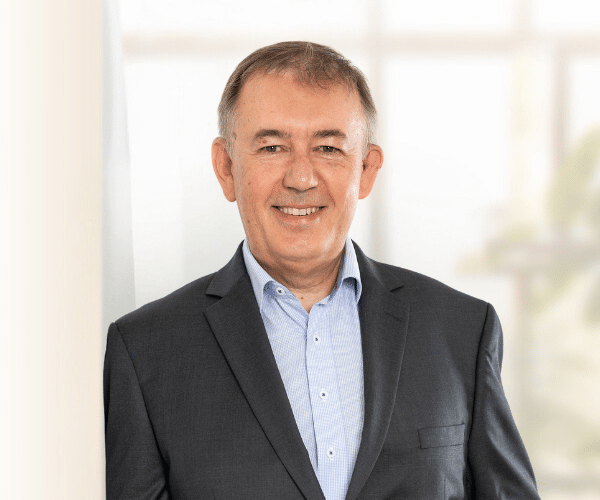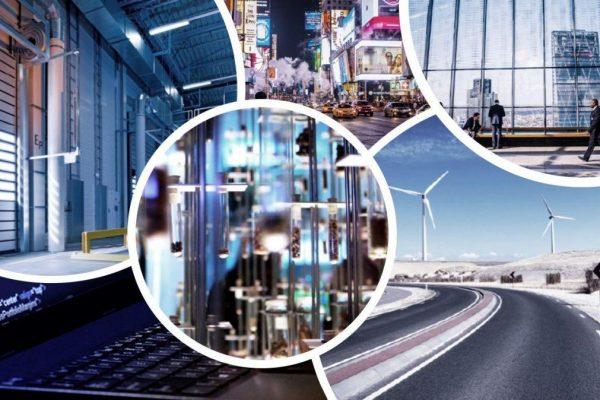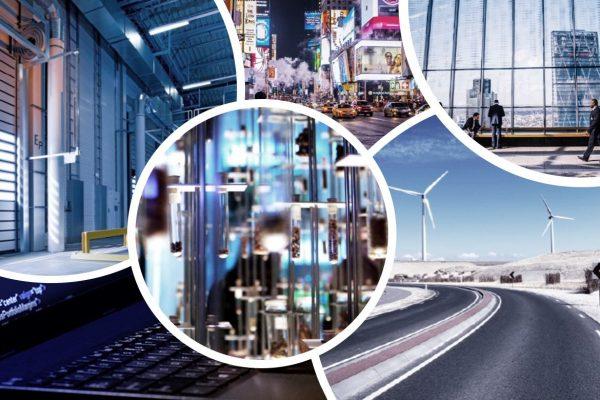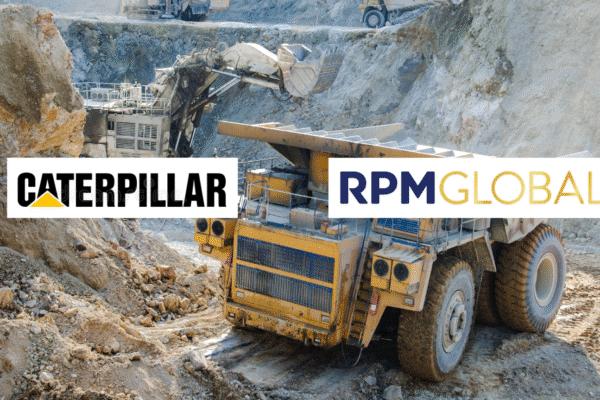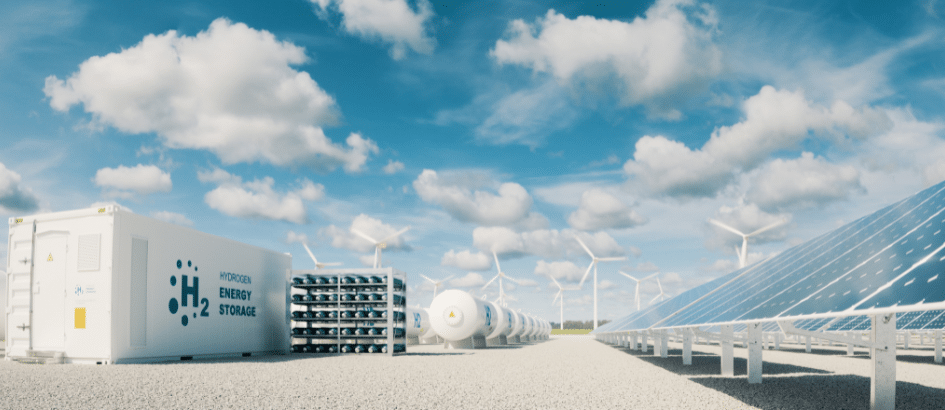
Trends affecting Clean Energy companies
30.4.2024Derek Thomson, Director of our dedicated Clean Energy and ESG division, gives us a wrap up of some of the recent trends affecting Clean Energy companies based on his conversations with clients.
Delayed and denied environmental approvals
The Federal Government’s decision not to approve Ark Energy’s Wooroora Station Wind Farm project west of Cairns is a reminder that despite the urgent need for new renewable generation capacity, governments are going to hold firm on environmental approval fundamentals. These delays and forced exits due to government environmental directions will likely increase caution amongst investors.
Project delay – grid connection
Likewise, delays in building new grid capacity is putting pressure on approvals of large projects.
Last year TagEnergy reported a nine-month delay in getting a grid connection agreement that cleared the way for the project to progress to financial close. Several projects in Queensland are delayed due to approvals for grid connection extending beyond the development process timelines. This is putting pressure on investment strategy execution for these developers. The issue is the number of proposed projects and the time taken to build out the grid to support the new infrastructure. Concentration of Clean Energy projects close to existing grid infrastructure is overloading the capacity of the current network forcing some projects into curtailment until new grid capacity is delivered.
Movement toward smaller, behind-the-metre projects
Developers are considering moving their focus to smaller behind-the-metre projects for better financial returns and to bypass some of the grid issues. Often these projects have direct offtake with an industrial customer and the potential for expansion to feed into the grid later. Capital funding is an important consideration as the size and volume of the projects often require a different set of investors from those who have underwritten traditional large-scale projects and this often requires resetting capital management strategy.
Investment in stakeholder management and ‘social license-to-operate’
Many of our clients have increased their focus on activities that increase their reputation and ‘social license-to-operate’. Increasing communications with stakeholders who may be affected by proposed projects, and direct consultation to identify and address issues early can mitigate the risk of project delays. Our clients are reporting an increase in trust and feedback, indicating that stakeholders feel they are part of the decision-making process. This is leading to increased co-operation and collaboration around stakeholder issues and concerns.
If you’re interested in finding out more about the trends affecting Clean Energy companies, or if you’re a mid-market business looking to commercialise a clean energy initiative or invest in the sector, our dedicated Clean Energy division is here to help. Find out more.



